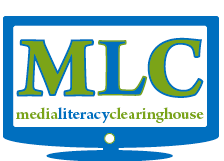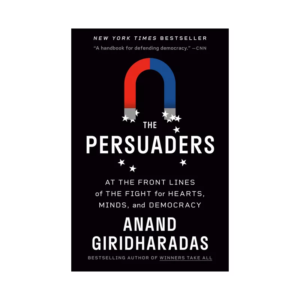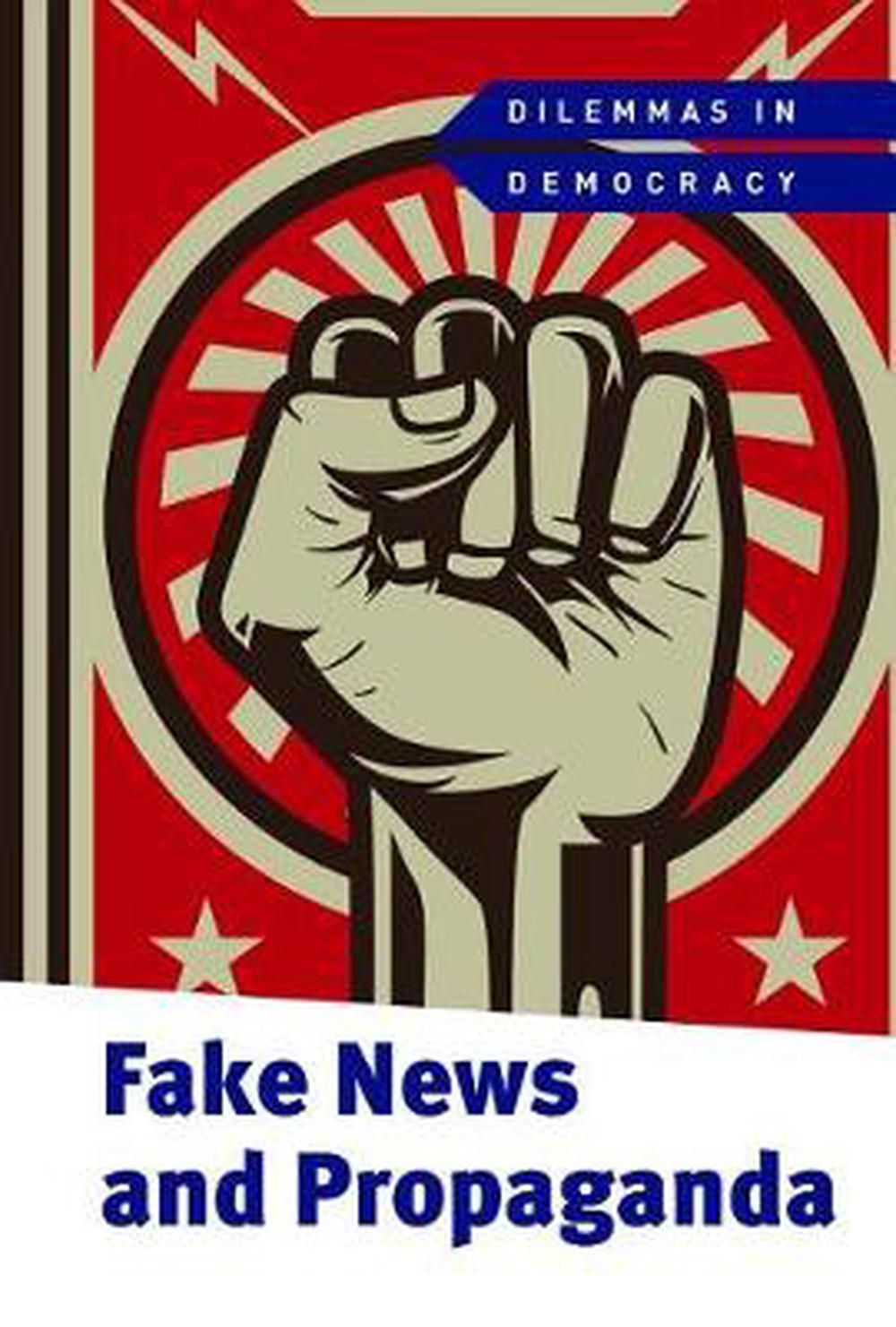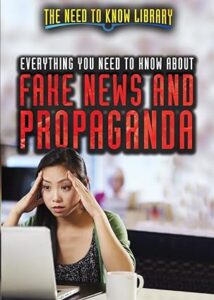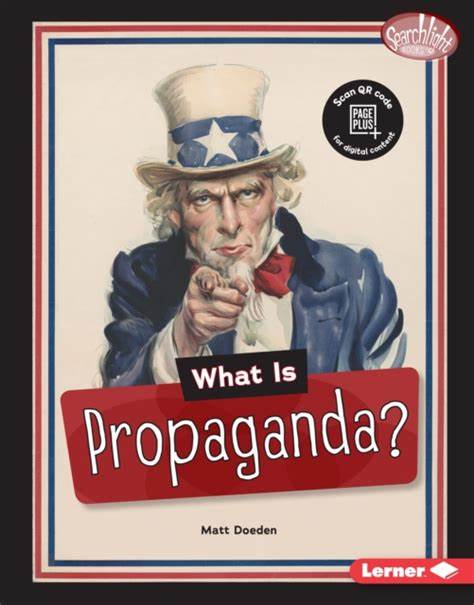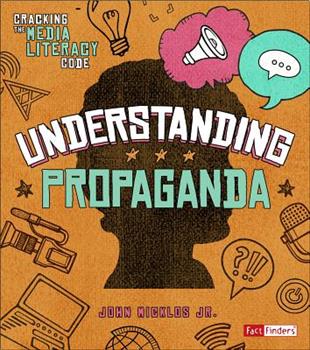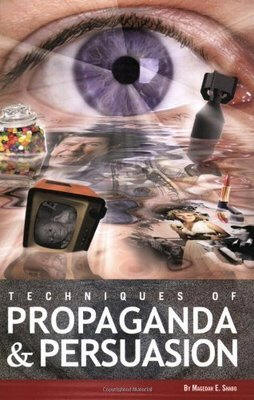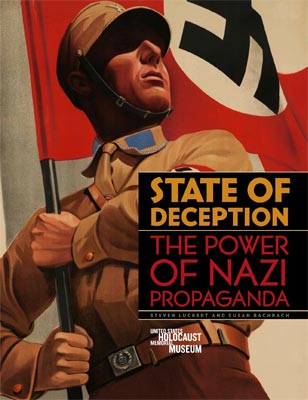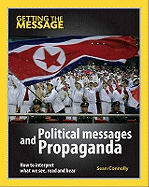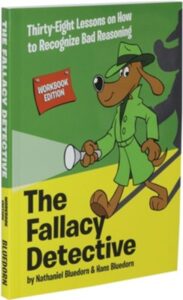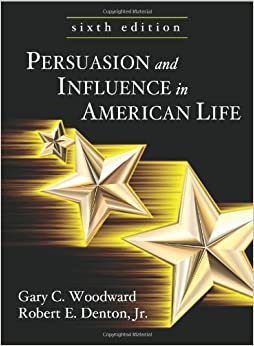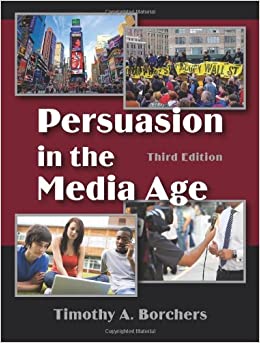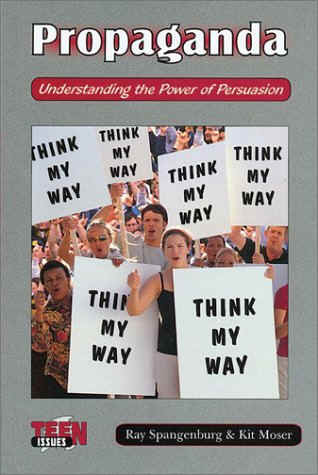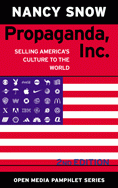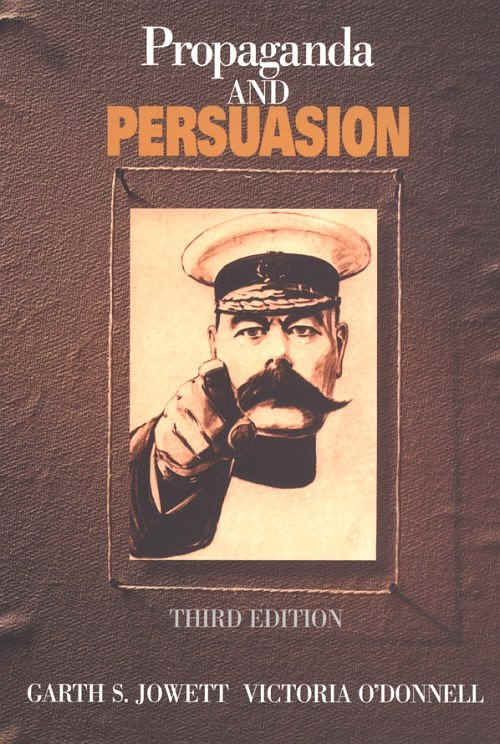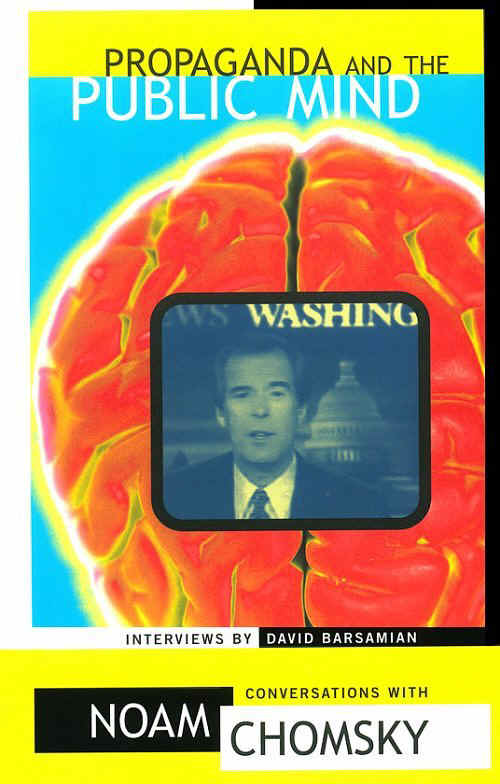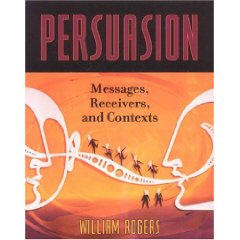Note to educators: Propaganda did not just occur during WWI and WWII: it is also happening now all around us.[ I highly recommend my colleague Renee Hobbs’ website MIND OVER MEDIA] Unfortunately, many young people don’t recognize it. Here is a timely resource that I highly recommend: from PRWatch- their Propaganda website with links to current events in the US and the world.
NEW : Can your students recognize new forms of propaganda?
BLOGPOST Propaganda Isn’t History-It’s Current Events
KEY QUOTES/DEFINITIONS:
“The point of modern propaganda isn’t only to misinform or push an agenda. It is to exhaust your critical thinking, to annihilate truth.” Garry Kasparov (Source)
“Propaganda is not the same as advertising or art. Art today is preoccupied with abstract ideas; advertising tries to get you to buy something. Propaganda, on the other hand, is interested in making you believe something. It is the stronger societal force; once you start believing in an idea or ideology you will buy anything – metaphorical or literal – it tries to sell you. Once the public was scared into believing Iraq was trying to acquire weapons of mass destruction, they didn’t seem to mind that they were being fed lies over and over. Untruths and misleading statements were quickly accepted as reinforcement and justification for a particular point of view, even when proven false. Propaganda is that strong.” (Source, Clamor Magazine)
Propaganda is “a manipulation designed to lead you to a simplistic conclusion rather than a carefully considered one,” adding, “It is an abuse of persuasion techniques because it tries to short-circuit critical scrutiny, thoughtful evaluations and counterarguments.” Dr. Anthony Pratkanis (quoted in New York Times story)
“At its root, propaganda plays on emotions, often defying reason and facts in order to reach into the psyche of the audience. Propaganda is a mind game — the skillful propagandist plays with your deepest emotions, exploiting your greatest fears and prejudices.” (Source: Op Ed, Seattle Times)
“Propaganda is the deliberate, systematic attempt to shape perceptions, manipulate cognitions [thoughts], and direct behavior to achieve a response that furthers the desired intent of the propagandist.” (Source: Propaganda and Persuasion, Garth Jowett/Victoria O’Donnell)
Propaganda: Information, especially of a biased or misleading nature, used to promote a political cause or point of view (Source: Concise Oxford English Dictionary).
- Advertising & Propaganda Techniques (video)
- American Propaganda Posters
- Argument, Persuasion, or Propaganda? Analyzing World War II Posters
- At War With Iraq: The Propaganda Battles
- Centre for the Study of Propaganda
- Cinemocracy
- Classic Propaganda Posters
- FDR & Political Cartoons–Webquest
- Holocaust Museum: Propaganda Exhibit
- How the media persuade: verbally and visually
- Images & Truth Every Picture Tells A Story, Don’t It
- Language of Persuasion
- Learn to Question: Propaganda
- Lesson Plans
- Analyzing World War II Posters (Read Write Think)
- Art & Propaganda (from Ken Burns ‘The War’)
- Art of Persuasion
- Companion Poster Site
- Discovering and Understanding Propaganda (Grade 9)
- Images At War (Civil War, WWII)
- Language of Persuasion
- Propaganda (lesson recommendations, US Holocaust Museum)
- Propaganda & Persuasive Techniques: Do You Buy It?
- Propaganda: Words + Images=? (SciFi)
- Propaganda In World Wars
- Teaching Materials on Propaganda (US Holocaust Museum)
- War Time Posters Activity
- Master of American Propaganda (PBS)
- Mind Over Media-Analyzing Contemporary Propaganda
- Nazi & E. German Propaganda
- POPaganda: The Art and Subversion of Ron English (video on hijacking billboards)
- Posters and Election Propaganda (blog)
- Propaganda & Public Opinion
- Propaganda (good starting point)
- Propaganda Analysis Home Page
- Propagandacritic.com
- Propaganda Explained
- Propaganda In The Classroom
- Propaganda or Persuasive Techniques (handout)
- Propaganda Techniques in Advertising, Media, Politics and Warfare
- Propaganda Techniques Used by Fox News (Alternet)
- Recognizing Propaganda/Bias
- State of Deception: The Power of Nazi Propaganda (exhibit website)
- Techniques of Persuasion
- Ten Things Everyone Should know About Propaganda
- Understanding the Mechanisms of Propaganda
- Using Taking Sides: Propaganda Alert
- Visual Grammar/Propaganda Posters exercise
- Was WWI Propaganda The Birth of Spin?
- Webquests (a collection of webquest links)
- World War II Poster Collection
- The Posters That Sold World War I to the American Public
- WWI Posters Recall Another Time (includes samples of propaganda posters)
TEACHER RESOURCES
The death of Nazi filmmaker Leni Riefenstahl offers teachers another opportunity to discuss propaganda techniques with their students. Here are some links to recommended resources:
- Listen to a discussion about the impact of Leni Riefenstahl’s film “The Triumph of the Will.” (from PBS Newshour)
- Culture Shock, the PBS program website, http://www.pbs.org/wgbh/cultureshock/index_1.html offers teachers some resources, including a look at some of the images from her films.
- War on Film, from the PBS series, Art In The 21st Century http://www.pbs.org/art21/education/war/lesson2.html
- From Heritage, Civilization & The Jews
- http://www.pbs.org/wnet/heritage/episode8/presentations/8.4.2-2.html
RECOMMENDED TEXTS / DVDs
Share This Page: